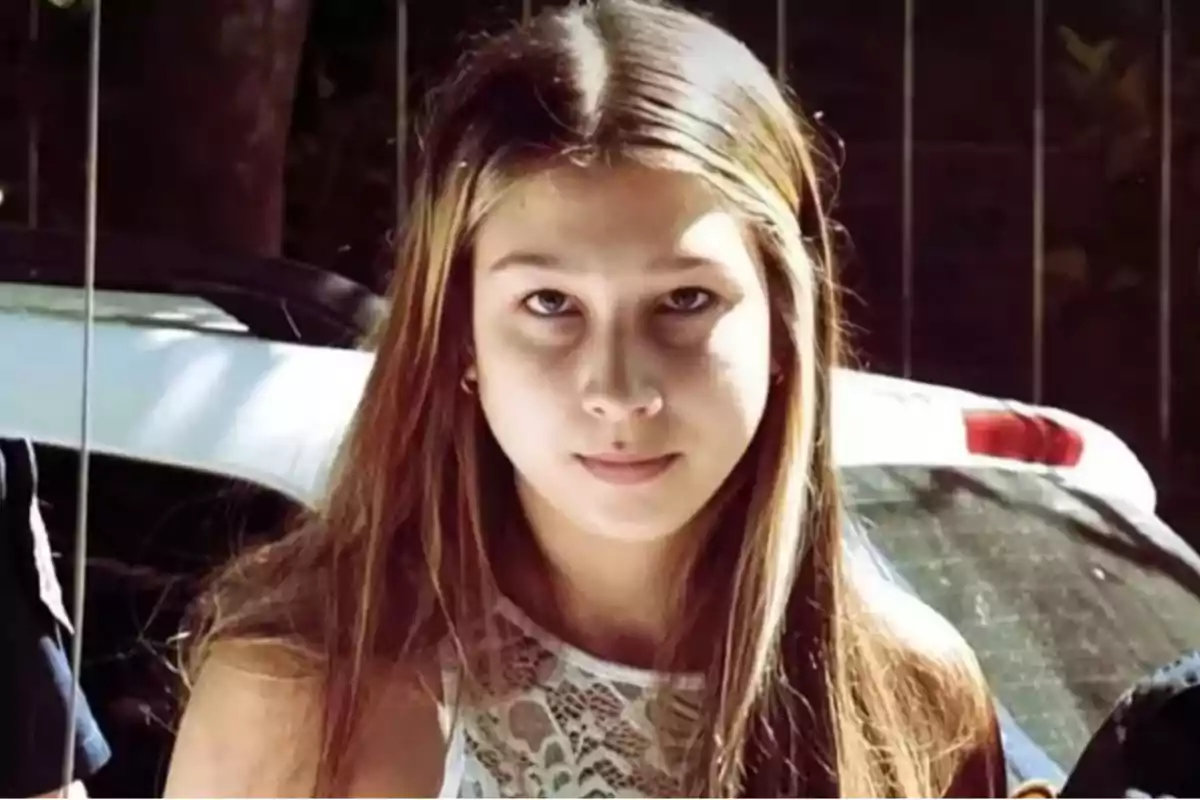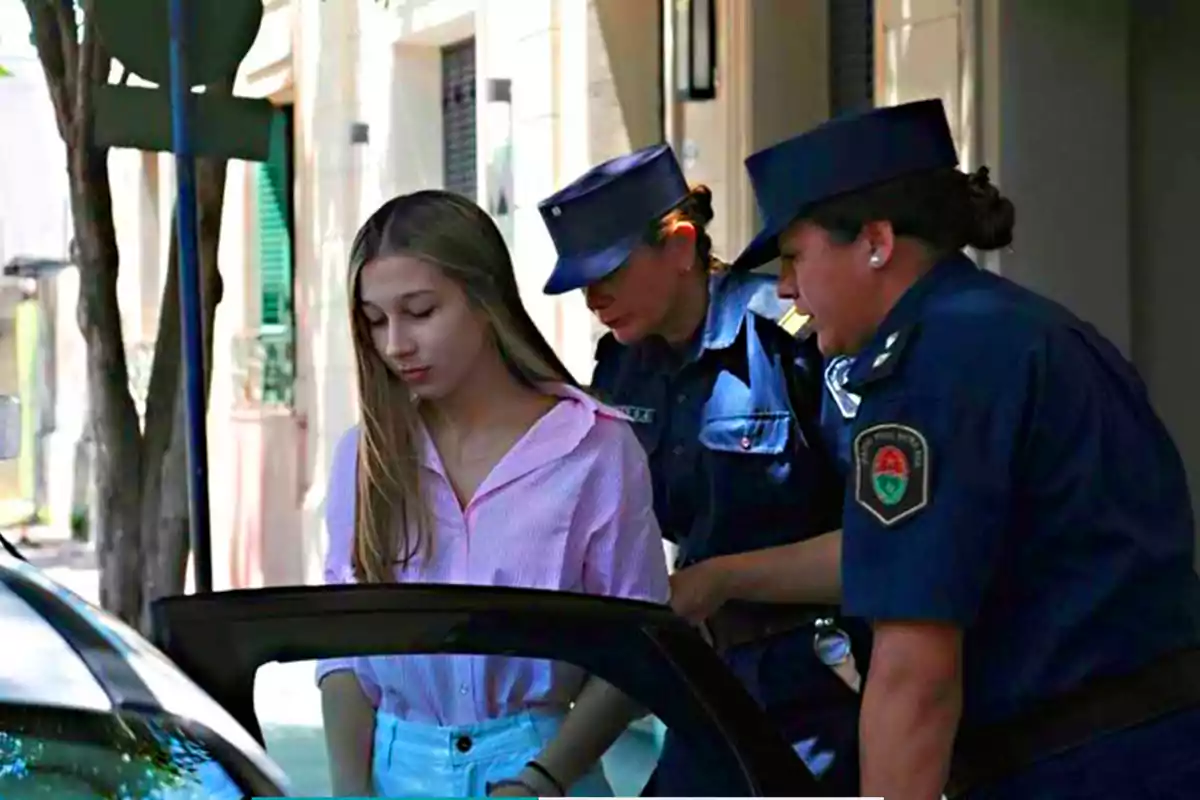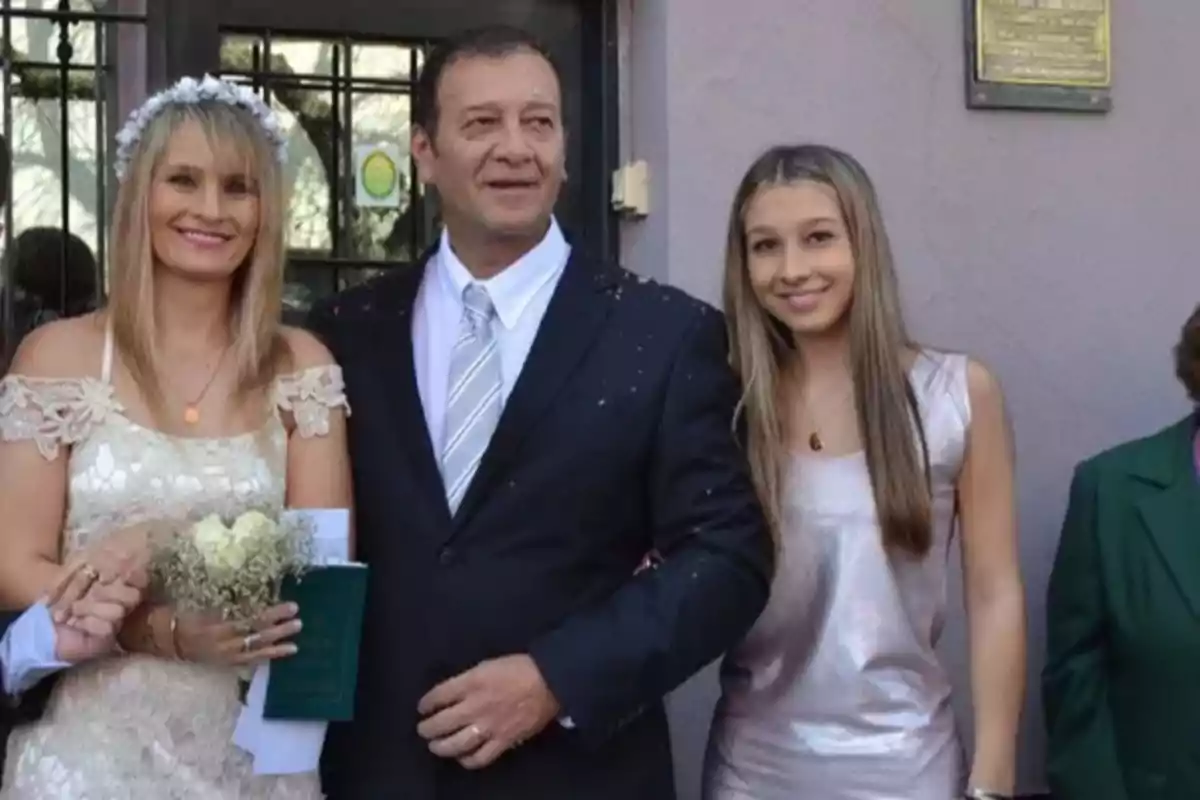
Nahir Galarza requested an unusual benefit from prison
The convicted woman submitted a request to have access to a cell phone and justified her request in a strange way
Eight years after the crime that shocked the country, Nahir Galarza has once again become the center of media attention after submitting a controversial request to the justice system. The woman sentenced to life imprisonment for the murder of Fernando Pastorizzo now seeks to access social media and use a cell phone from her cell in Penal Unit No. 6 of Paraná.
The request was submitted by her defense attorney, Augusto Lafferriere, to the Gualeguaychú Sentence Enforcement Court, presided over by Judge Elena Margarita Vicari. According to the petition, Galarza has shown "exemplary conduct" within the prison, has completed about 15 training courses, and is pursuing a tertiary degree in Social Psychology.
With these arguments, the defense demanded that her "effort be rewarded" by authorizing her to have access to the internet and social media, something that has caused outrage in various sectors of public opinion.

Nahir Galarza was convicted on July 3, 2018, of the crime of aggravated homicide due to the relationship. The justice system determined that the young woman murdered her boyfriend, Fernando Pastorizzo, in cold blood, shooting him in the back and then again when he was already on the ground. Since then, her defense has tried by all means to reduce or overturn the sentence, without success.
On November 27, 2024, the Supreme Court of Justice of the Nation rejected her last extraordinary appeal, upholding the life imprisonment sentence. Despite this, the now 27-year-old inmate continues to seek judicial benefits that, according to various voices, aim to victimize her and reshape her public image.
The young woman's new petition did not go unnoticed and caused a wave of criticism on social media. Hundreds of users described her attitude as "cynical," "nefarious," and "shameless", pointing out that the request bears no relation to the exemplary nature of her sentence. For many, granting her access to social media not only distorts the punitive purpose of the sentence but also represents an affront to the memory of the victim and the suffering of his family.

From sectors more committed to justice, the request was considered an attempt to reinsert herself into public debate and relaunch her image from confinement, in what some described as a "judicial marketing" strategy.
This is not the first time Nahir has tried to reappear in the media. On different occasions, she promoted alternative narratives, accusations against her father, and even claims about her alleged connection to trafficking networks. None of these attempts managed to change the court ruling or the widespread rejection of Argentine society.
More posts: